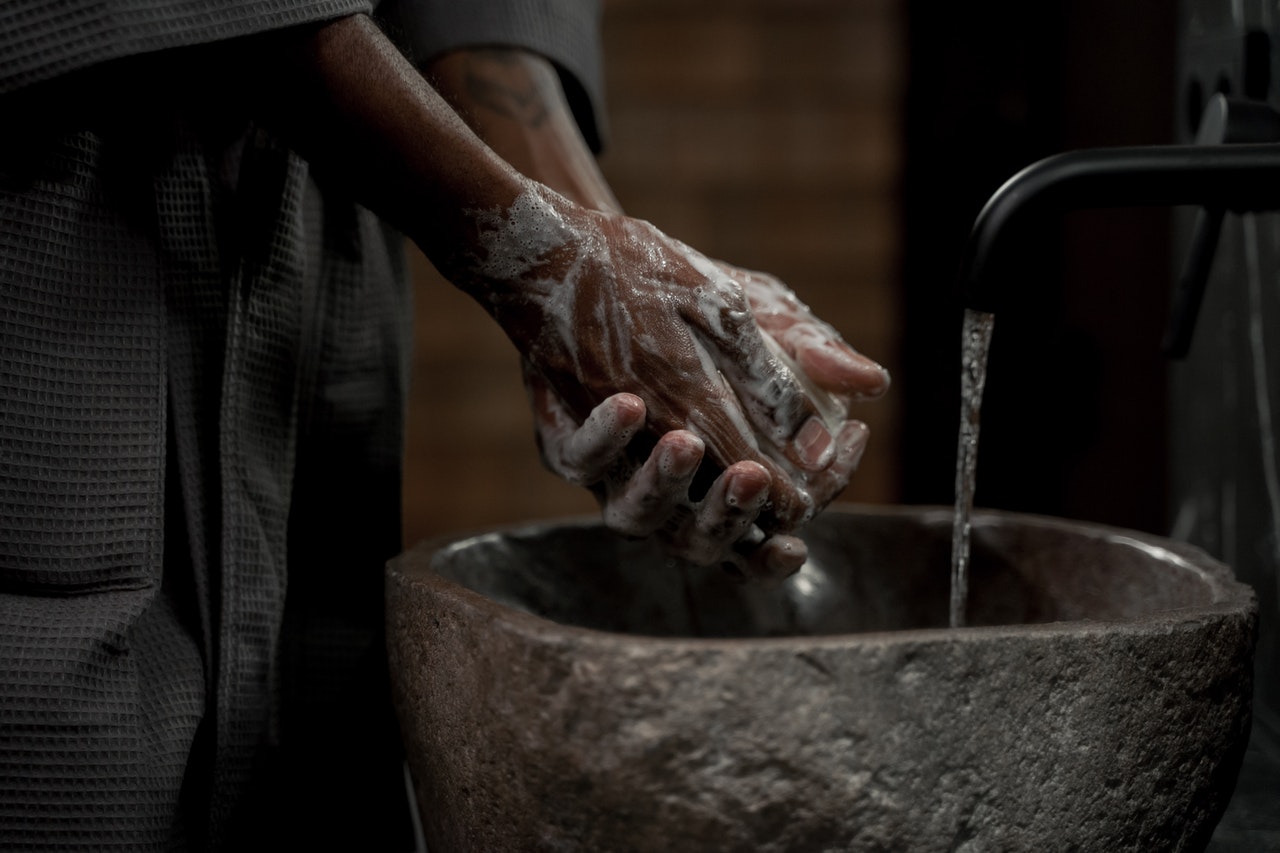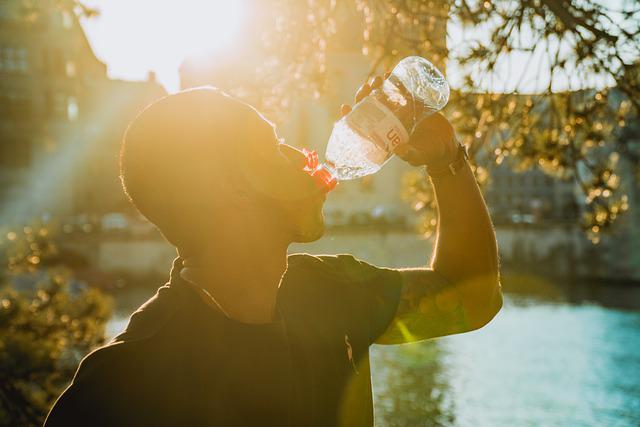TRAVELER’S DIARRHEA (GIARDIASIS)
Overview
Polluted water sources are habitats for some intestinal parasites known to cause endemics in most parts of the world. One parasite, in particular, that is the leading cause of waterborne illness in the United States is Giardia intestinalis, the causative agent of Giardiasis (Traveler’s Diarrhea).
Giardiasis is an infection of the small intestine that is caused by the parasite, Giardia duodenalis, also known as Giardia lamblia and Giardia intestinalis.
It is the most common cause of parasitic gastrointestinal disease, and there is a 20% to 40% prevalence in the world’s population.
Pathogenesis
Giardia lamblia exists in two forms, an active form called a trophozoite, and an inactive form called a cyst. The active trophozoite attaches to the lining of the small intestine with a ‘sucker’ and is responsible for causing the signs and symptoms of giardiasis.
The trophozoite cannot live long outside the body, therefore it cannot spread the infection to others. The inactive cyst, on other hand, can exist for prolonged periods outside the body.
Mode Of Transmission
Cysts of Giardia are present in the feces of infected people. Thus, the infection is spread from person to person by contamination of food with feces or by direct fecal-oral contamination. Cysts also survive in water, such as in freshwater lakes and streams.
Domestic mammals (such as dogs, cats and calves) and wild mammals (such as grasscutters, beavers and squirrels) can become infected with Giardia. However, it is not clear how often domestic or wild mammals transmit giardiasis to humans
Giardiasis can also occur as outbreaks from recreational water sources such as swimming pools, water parks and hot tubs, most likely because of an infected user rather than a contaminated water source.


Symptoms
Some people with giardia infection never develop signs or symptoms, but they still carry the parasite and can spread it to others through their stool. For those who do get ill, the signs and symptoms usually appear one to three weeks after exposure and may include:
- Watery, sometimes foul-smelling diarrhea that may alternate with soft, greasy stools
- Fatigue
- Stomach cramps and bloating
- Gas
- Nausea
- Weight loss
Signs and symptoms of giardia infection may last two to six weeks, but in some persons, they last longer or recur.
Risk Factors
While anyone can catch giardiasis, some people are more likely to come in contact with the parasite:
- Children in child care centers
- Child care workers and parents
- People without access to safe drinking water (Hikers and campers)
- People who have anal sexual intercourse
- International travellers
- People who don’t practice good hygiene
Diagnosis
To find out if you have giardiasis, your doctor would require a stool sample. It would then be sent to the lab for testing. For best results, it would be tested for several days. If you do have giardiasis, the stool test would be repeated to see if the parasites have cleared.
Treatment
Most people get better without treatment. However, the health practitioner may want to treat with the following medications:
- Metronidazole
- Nitazoxanide
- Tinidazole
Complications
Giardiasis can cause problems even after the infection has been treated. These can be especially serious in infants and children.
- Dehydration – When the body doesn’t have enough water to work normally. It is often the result of severe diarrhea.
- Failure to thrive – Long-term diarrhea can affect a child’s mental and physical growth.
- Lactose intolerance – Many people who have a giardia infection find they cannot digest milk sugar (lactose) as they used to previously. This makes it difficult to eat milk or other dairy products.
Prevention
There is no vaccine to prevent it, however, there are steps to take to prevent it:
-
- Wash your hands after you use the toilet, after you change diapers and before you eat or prepare food.
- Filter or boil water if you are outdoors camping or hiking.
- Try not to swallow water when you swim in a pool, lake or stream
- Drink bottled water when you travel to places with unsafe water
- Use a condom if you have anal sexual intercourse.
REFERENCES
1. https://www.merckmanuals.com/home/infections/parasitic-infections-intestinal-protozoa-and-microsporidia/giardiasis?query=giardiasis
2. https://www.merckmanuals.com/professional/infectious-diseases/intestinal-protozoa-and-microsporidia/giardiasis
3. https://my.clevelandclinic.org/health/diseases/15238-giardiasis
4. https://www.medicinenet.com/giardia_lamblia/article.htm
5. https://www.mayoclinic.org/diseases-conditions/giardia-infection/symptoms-causes/syc-20372786
6. https://www.webmd.com/digestive-disorders/giardiasis-overview





